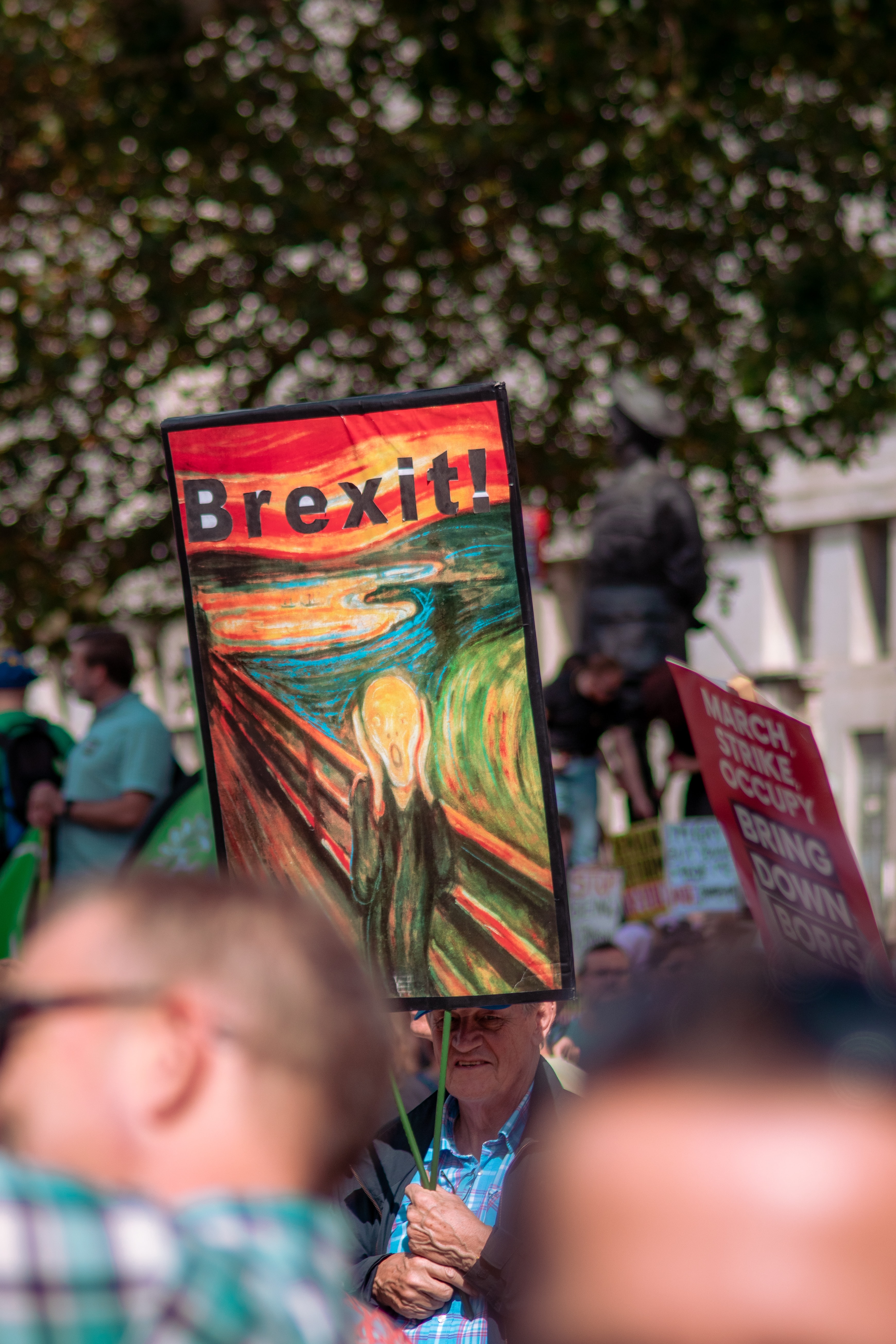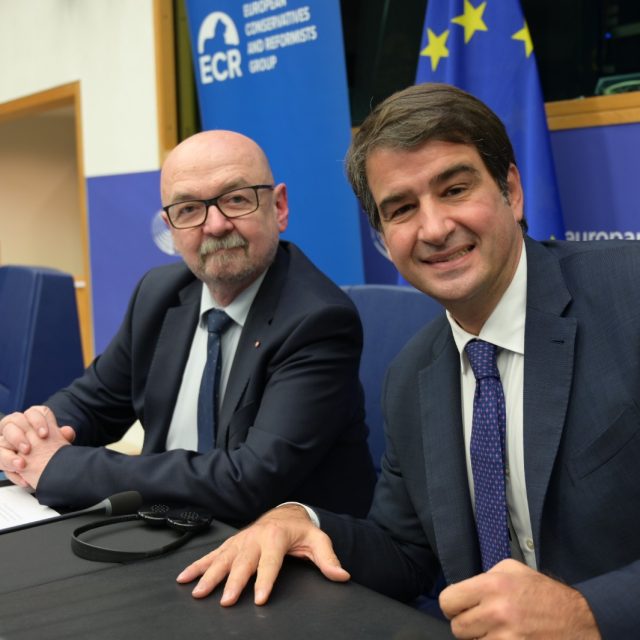Photo by Jon Tyson on Unsplash
Former UK Prime Ministers Clement Attlee and Margaret Thatcher had different visions for the country in their very different times, and each left a lasting legacy. Today in France President Macron knows it is important to modernise the outdated pension system and has determined to achieve reform. The French people are not happy, but at least his vision is clear.
Today in the UK any Conservative vision is completely lacking. The Government is currently led by two technocrats, Prime Minister Rishi Sunak and Chancellor Jeremy Hunt, both competent ‘numbers’ men who have combined to bring commendable stability after the chaos inflicted by their predecessors. For this they deserve much credit, although their fixation with numbers has blindsided them from some key issues.
On Brexit, unlike many of his right-wing colleagues, Sunak was not driven by any obsessive anti-EU ideology: he said he just looked at selected numbers. In February 2016 he detailed the numbers he regarded as critical. Firstly, he highlighted that since the UK joined the Common Market Europe’s share of the world economy had halved whereas China’s GDP had doubled since the recession. True, but irrelevant: the EU is not stopping us increasing trade with China (just look at Germany’s exports there) and anyway the EU is not just about trade but also about maximising collective clout within a world of power blocs. Secondly, he added that “if we leave the EU, we will immediately save £20 billion”. Absolutely untrue. Sunak never factored in the damage to the economy which inevitably followed. He was looking at the wrong numbers.

Jeremy Hunt was an ardent Remainer at the time of the referendum, observing that “The EU is the biggest single market in the world; and it’s right on our doorstep”. Having stood for the leadership against Boris Johnson and later offering himself as a successor, he conveniently seemed to change his mind saying he was now in no doubt that the country could make “a tremendous success of Brexit.” He clearly had looked at the numbers of votes he received from current party members and made a pragmatic calculation – at the expense of his personal integrity.
Perhaps he had noted an earlier remark by Lenin: “There are no morals in politics: there is only expediency”. Voters deserve and expect better.
Still, the result was that he became Chancellor and immediately focused on curbing inflation – which had been fuelled not just by Brexit but also the massively generous and untargetted handouts from Sunak when he was Chancellor during the pandemic.
But the central issue facing the country was and is not just inflation but a cost-of-living crisis and a major crisis in the NHS and in schools. The numbers Hunt should have considered are the numbers of doctors, nurses, ambulance drivers and care home workers who are leaving their various professions in droves. He should have noted that teachers are also leaving in large numbers: around one in six teachers in England left the profession after just one year.
There was no attempt to negotiate deals which would have addressed these twin crises. Imposing a pay settlement on National Health Service employees failed to address the central problems of recruitment and retention of staff.
Looking at numbers can be helpful – but only as long as you are looking at the right numbers and in the context of the bigger picture.
The key question for voters is whether any party has a vision of what such a bigger picture might be. Labour under Sir Keir Starmer appears to be inching towards one but is not there yet. Liberal Democrats used to have a clear vision as the champion of closer ties with the EU but has been backing away from this since the referendum, preferring to campaign about sewage dumping in rivers to pick up local votes cheaply and without mentioning Brexit.
After his successful negotiation of the Windsor Framework sorting out the Protocol Sunak later congratulated Northern Ireland on now having the “best of both worlds”: membership of the UK internal market and the EU Single Market. He seemingly forgot that the whole country had enjoyed the same status before Brexit.
A recent opinion poll shows that only three neighbouring parliamentary constituencies in the whole of England still think Brexit was a good idea. This number shows a seismic shift in public opinion, but no party seems to have noticed or cared. No wonder that so many voters say all the parties are the same.
Nonetheless, voters in the recent local elections deprived Conservatives of more than a thousand Councillors and elevated Labour to become the largest party in local Government for the first time in 21 years. This confirms the Conservatives are on course to lose the next General election: they no longer have the numbers.




